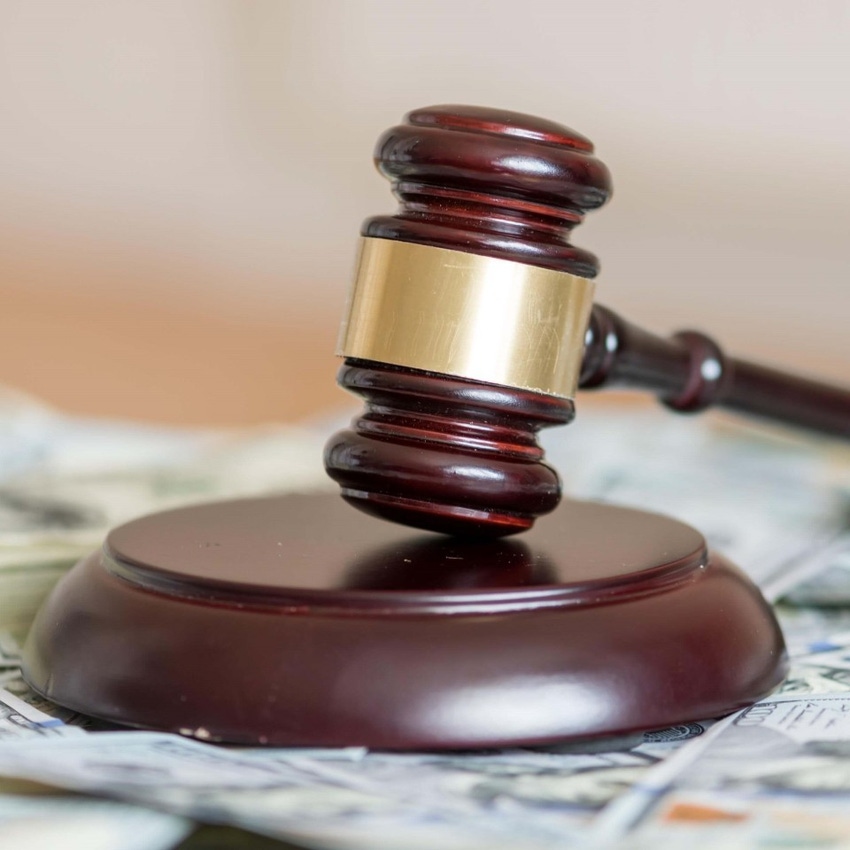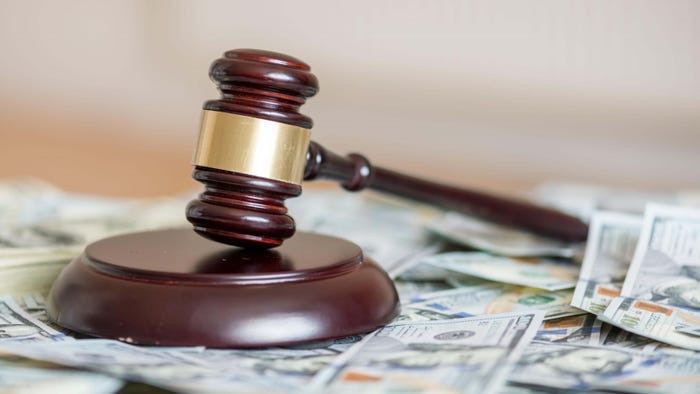New York's $15 broadband mandate returns to court
The return of New York's Affordable Broadband Act to court comes at a time of general uncertainty around the future of broadband affordability programs and rate regulation.

The Second Circuit Court of Appeals heard oral arguments on Thursday in a case regarding New York's Affordable Broadband Act: a 2021 law that would have mandated that ISPs offer a $15 service option for low-income consumers.
That law, signed by former Governor Andrew Cuomo, was quickly put on ice when industry groups representing ISPs sued the state, leading to a settlement. But New York then appealed that decision, with support from consumer groups and other states, bringing the parties back to court this week.
While it remains to be seen how the court will rule in this case, the decision may ultimately have broader industry implications.
Figure 1:  (Source: Ivan Kmit/Alamy Stock Photo)
(Source: Ivan Kmit/Alamy Stock Photo)
In a note for New Street Research (registration required) following the proceeding, Blair Levin, a policy adviser, who also served as chief-of-staff for former FCC Chairman Reed Hundt, wrote that the main concern of ISPs isn't New York's mandate per se but with the idea "that states can mandate a specific offering to a specific population at a specific price."
"The industry fear is that other states might impose requirements far more onerous than what New York requires, such as by further lowering the price, raising the speed requirements, or expanding the eligibility pool to make broadband 'affordable' for middle-class customers," added Levin.
The court proceedings in New York come at a time of general uncertainty around the future of broadband affordability programs and rate regulation.
As Levin points out in his note, the "real danger" to the industry is the "end of the ACP," the FCC's Affordable Connectivity Program, which currently provides broadband subsidies to roughly 15 million low-income households but may run out of funding by mid-2024.
Should that happen: "States may emulate the New York model and mandate low-income programs," wrote Levin.
Another potential "nuclear bomb in telecom policy" is on the horizon, as the Electronic Frontier Foundation's (EFF) Ernesto Falcon previously put it. That's the case resting with the Fifth Circuit Court on the constitutionality of the Universal Service Fund (USF), which subsidizes service to high-cost areas and low-income households. The court heard oral arguments in December 2022, and a decision is expected this year.
At the same time, the subject of rate regulation could potentially come up at the federal level if the FCC ever gets its fifth commissioner seated. President Biden's pick, the recently renominated Gigi Sohn, has been attacked by groups associated with telecom lobbyists concerned about the return of Title II regulations for ISPs, among other things.
Meanwhile, data shows that low-income households still lack access to affordable services, demonstrating a need for consistent, sustainable solutions.
Recent research from Broadband Now, for example, points out that low-income regions of the US are less likely to have access to affordable broadband plans and that "the lowest broadband prices are broadly present in the highest income states around the United States."
As an example, the research compares New Jersey and Mississippi. In New Jersey, where the average household income is $100,000, over 90% of the population can access a low-priced broadband plan for under $50/month. In Mississippi, the "lowest-earning state," the data show those with access to affordable broadband dropped to 33%.
Related posts:
— Nicole Ferraro, editor, Light Reading, and host of "The Divide" podcast.
About the Author(s)
You May Also Like














